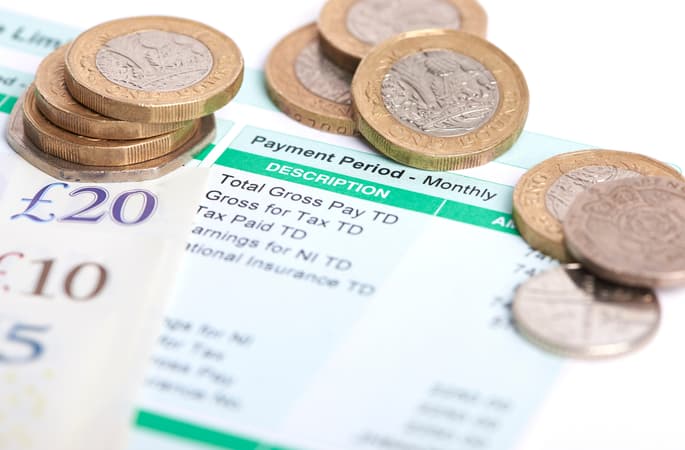Jump to a section
Finding the right business credit card can be a valuable tool for managing your company's finances and expenses. Business credit cards offer several benefits, including improved cash flow, simplified expense tracking, and the potential to earn rewards on business-related purchases. However, with numerous options available in the market, it can be challenging to determine which credit card suits your business needs best. In this article, we will guide you through the process of choosing the most suitable business credit card for your small business.
How to find the best credit card for your business
Discovering the perfect credit card for your business begins with a thorough understanding of your financial needs and diligent comparison of available options.
Learn the basics about business credit cards
Before diving into the selection process, it's essential to familiarise yourself with the basics of business credit cards Here are some key aspects to consider and why they are important:
- Keep business and personal separate: Remember, use your business credit card only for business expenses. It's essential to keep your personal spending separate from your business finances.
- Higher credit limits: Business credit cards usually come with higher credit limits compared to personal cards. This can be helpful if you have a lot of purchases to make for your business each month. Just remember to manage your spending wisely, and don't go overboard.
- Issue cards to your employees: With most business credit cards, you can give credit cards to your employees too! This way, you can keep track of their spending individually, making it easier to manage expenses for the whole team.
- Personal guarantee: When you get a business credit card, you might need to make a personal guarantee. It's like promising to use your own money to pay off the card balance if your business can't cover the charges. So, make sure you're aware of this responsibility.
These are the key basics you should know, but there's even more to learn about business credit cards. The more you know, the better decisions you can make for your business!
Check your personal credit score
Most business credit cards require the business owner to provide a personal guarantee, tying their personal creditworthiness to the credit card application. Therefore, it's crucial to know your personal credit score before applying for a business credit card. A good credit score increases your chances of approval and may also lead to better terms and rewards on the card.
To check your credit score, there are three major credit reference agencies: Experian, Equifax, and TransUnion. Each of them gathers data in its own way, so your credit score can actually vary depending on which agency you're checking with.
To check your report, you can make online requests directly from the CRAs.
- Check your Experian credit report
- Check your Equifax credit report
- Check your TransUnion credit report
You may need to create an account to do so.
Review your business' needs and expenditures
Analyse your business's financial needs and spending patterns. Determine the primary purpose of the credit card, such as covering daily expenses, financing large purchases, or earning rewards on specific spending categories. Consider whether you need a card with a high credit limit or one that offers cash back, travel rewards, or points that can be redeemed for business-related expenses.
Check the fees and interest rates (APR)
Every business credit card comes with its fee structure and Annual Percentage Rate (APR). Compare the annual fees, transaction fees, FX fees, and any other charges associated with the credit card options you are considering. Additionally, pay close attention to the APR, especially if you anticipate carrying a balance from month to month. A lower APR can save you money on interest charges.
Consider benefits and reward programmes
Many business credit cards offer rewards and benefits tailored to specific business needs. Evaluate the rewards programmes offered by different cards and identify which ones align with your business's spending habits. Some cards may offer bonus rewards on office supplies, travel, or advertising expenses. Select a credit card that maximises the benefits for your business.
Find out about signup and referral bonus
When exploring various business credit card options, check for any signup bonuses or referral incentives. Some credit cards offer generous bonus points or cashback rewards for meeting a minimum spending requirement within the first few months of card membership. Referral bonuses can also provide additional rewards when you refer other business owners to the same credit card.
Look into the provider's customer service
Reliable customer service is essential, especially when issues or questions arise with your credit card account. Research the provider's reputation for customer support and read reviews from other small business owners. A responsive and helpful customer service team can make a significant difference in your overall experience with the credit card provider.
Choosing the right business credit card requires careful consideration of your business's unique needs and financial situation. By following these steps and comparing the various options available, you can select a credit card that aligns with your business goals and provides the most significant advantages for your small business.











